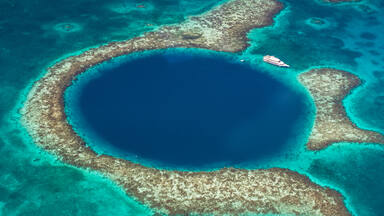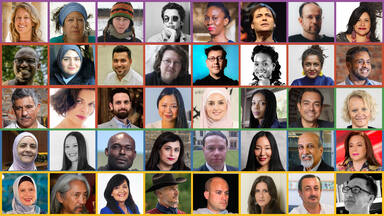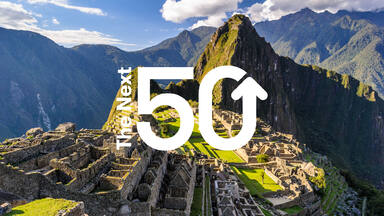Max Tegmark
Cosmologist, physicist and professor at the Massachusetts Institute of Technology (MIT)
Tino Sehgal
Artist.
Vision for the Next 50
In the Next 50… The impacts of technologies on the environment, society and economy are considered more seriously so as to serve heritage in the digital dimension.
In the Next 50… The potential of technologies for self-expression and heritage protection is accompanied by critical thinking, responsibility and inclusiveness.
Summary
The dialogue between Max Tegmark and Tino Sehgal centred around the dangers and opportunities of technological development for heritage. The two thinkers agreed that we must take into account the impacts of technology on the environment, inequalities and unemployment when imagining the next 50 years of heritage. Tegmark warned that we should be mindful of technological developments, especially artificial intelligence, to create and celebrate values of heritage in the digital dimension. Sehgal believes that heritage can be transmitted like philosophical ideas, making people interested in heritage and influencing the younger generation.
Dialogue
Watch the dialogue
Explore other sessions
Five dialogue sessions covering five themes take place in 2022, each joined by thinkers in paired dialogue from diverse regions. The interdisciplinary dialogues inspire new visions for the next 50 years of World Heritage.



